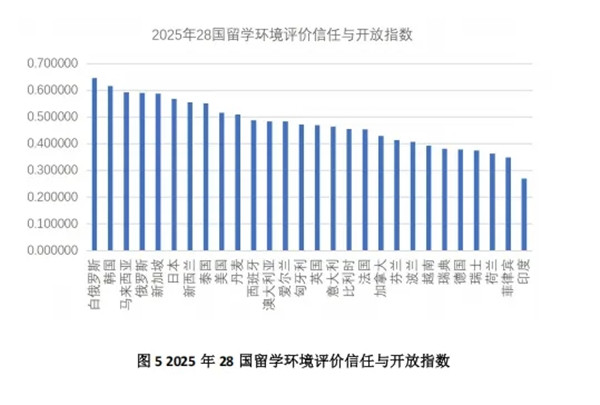[China Daily]Studying abroad: Wise decision or not
2018年1月19日
Columbia University. [Photo provided to China Daily]
Studying abroad was seen for long as a guarantee of a great job and a promising future. But that view no longer holds. A recent survey by the Center for China and Globalization, a Beijing-based think tank, which polled 1,821 young people who had studied abroad, found about 40 percent of the returnees’ monthly salaries to be below 6,000 yuan ($922), lower than the average monthly salary in Beijing of 9,942 yuan. Up to 68.9 percent of those polled acknowledged that their pay was below expectations.

The survey also showed that while the returnees enjoyed advantages over domestic students in terms of a global view, English-language proficiency and cross-cultural communication skills, they had a hard time fitting into the local job market.
Studying abroad is a universal plan B for those who don’t have a better choice, but applicants who have an overseas education don’t necessarily enjoy an edge in the job market, according to Feng Lijuan, a human resources expert at 51job.com. Some experts say in order for Chinese students to reap the benefits of studying abroad, they need to "be pushed out of their comfort zones".
But others believe the advantages returnees have should not be underestimated. Studying abroad can be a life-changing experience as the students have to deal with everything in a completely new environment.
"By adapting to, communicating with and understanding a different culture and people, students can change their attitude toward studying and life, which has a lasting impact on their careers and personal lives," says Xie Shaoyuan, marketing director of Education International Cooperation Group.
So, should students still go abroad to further their education despite the current low-income prospects?

At an international cultural festival held in October at Inner Mongolia University in Hohhot, resident students from the United States talk with a Chinese visitor. [Photo provided to China Daily]
YES
Global experience outweighs the financial burden.
1. Studying in a foreign country can be a life-changing experience as students have to learn about different cultures and interact with people from various backgrounds. It is also a good way to nurture their sense of empathy and global competence.
2. Today, studying abroad may not be as financially rewarding as it was a few years ago, but the connections and the new worldview developed through this unique experience is precious.
3. In the current situation it will take them longer to earn what they have spent on their studies abroad, but with the right career plan they are likely to have a good future. Besides, with command of a foreign language and an international network, their salaries will see greater increase in the long run.
NO
Career success not a given; opportunities at home.
1. A foreign diploma is no longer a passport to a good job. Returnees do not necessarily enjoy an advantage in the local job market, compared with domestic graduates. The key to success is to work hard and have a clear goal, no matter where you study.
2. Many Chinese youth pursue higher education overseas to avoid the pressure of the national college entrance exam, or seek to cushion their landing in the fierce job market. For those who find it hard adapting to a foreign environment, studying abroad is not a wise choice.
3. It costs much money to study abroad, which is a financial burden for many families. And with China’s rapid development, students might miss some great opportunities at home if they spend years abroad.
From China Daily,2018-1-17






